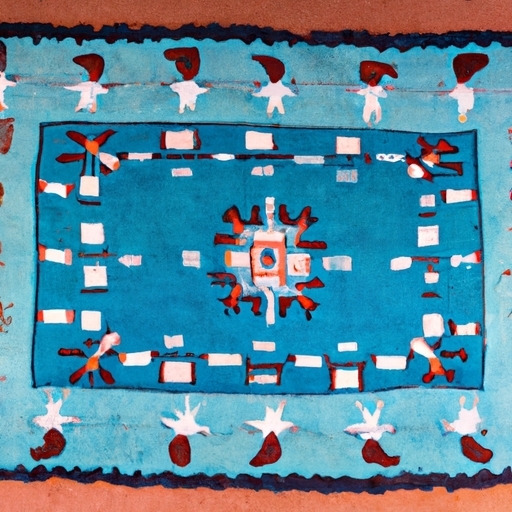If you are curious about your heritage and suspect that you may have Native American ancestry, it can be an exciting journey to explore your family's history. However, uncovering your Native American roots can be a complex process that requires specialized knowledge and resources.
One of the most important steps you can take is to consult with a professional genealogist or historian who specializes in Native American research. These experts have the expertise and experience to help you navigate through historical records, tribal affiliations, and cultural traditions that may provide clues about your heritage.
By working closely with a professional, you can access valuable resources such as tribal enrollment records, census data, and oral histories that can shed light on your ancestry. They can also guide you in understanding the unique challenges and complexities of tracing Native American lineage due to historical events such as forced relocations, assimilation policies, and loss of tribal identities.
Moreover, a professional genealogist or historian can help you interpret DNA test results if you choose to undergo genetic testing for Native American ancestry. They can provide insights into how genetic markers are linked to specific tribes or regions, helping you make more informed decisions about your heritage.
Overall, consulting with a specialist in Native American research is a crucial step in unraveling the mystery of your ancestry. By seeking guidance and assistance from knowledgeable professionals, you can embark on a fascinating journey of discovery that will deepen your understanding of your cultural identity and heritage.
If you are seeking to discover if you have Native American heritage, it is important to approach the process with respect and awareness of tribal sovereignty and membership requirements. Indigenous communities have unique cultures, histories, and traditions that must be honored and respected.
One way to begin your journey of exploring your potential Native American ancestry is to start by talking to family members. Ask questions about your family history, traditions, and any stories or knowledge passed down through generations that may indicate a connection to a specific tribe or community. It is essential to approach these conversations with sensitivity and an open mind, understanding that not all families may have accurate information or documentation regarding their heritage.
In addition to speaking with family members, you can also consider researching genealogy records, birth certificates, census data, and other historical documents that may provide clues about your ancestry. However, it is crucial to remember that official documentation alone does not determine one's cultural identity or affiliation with a specific tribe.
As you continue your exploration into your potential Native American heritage, it is important to be mindful of tribal sovereignty and the significance of belonging to a specific Indigenous community. Each tribe has its own unique set of customs, practices, languages, and traditional territories that should be respected and honored.
If you believe you have found evidence of Native American ancestry in your family history, consider reaching out to the relevant tribal authorities for guidance on how to verify your connection and potentially pursue formal recognition as a member of the tribe. It is essential to approach this process with humility, understanding that tribal membership is not merely a matter of blood quantum but also involves cultural knowledge, community ties, and acknowledgment from the tribal government.
Ultimately, exploring your potential Native American heritage requires patience, empathy, and a willingness to learn about Indigenous peoples' diverse experiences and histories. By approaching this journey with respect for tribal sovereignty and membership requirements, you can honor the legacy of your ancestors while contributing positively to Indigenous communities' ongoing efforts for cultural preservation and self-determination.
